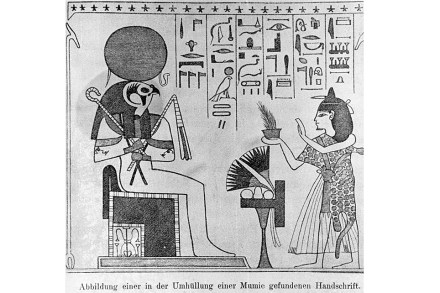What does it mean to be ‘2S’?
Justin Trudeau has attracted a certain amount of mockery by referring in a tweet to people who are 2SLGBTQQIA+. The Canadian Prime Minister was referring to people who are Two Spirit, lesbian, gay, bisexual, transgender, queer, questioning, intersex or asexual, plus anything else that might come to mind. The official website of the Canadian government only stretches to one Q and doesn’t bother with the A, but declares that ‘terminology is continuously evolving’. Continuous evolution means that yesterday’s approved term is today’s hate speech. The Canadian government website says that ‘the term homosexual has fallen out of favour, as it is associated with the historic medical understanding of same-sex attraction




















